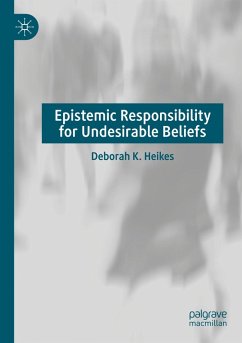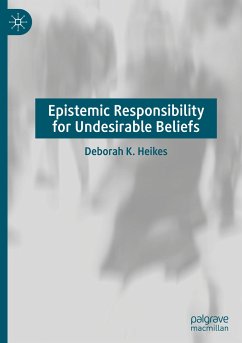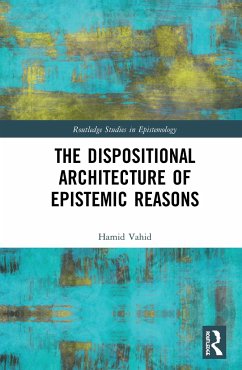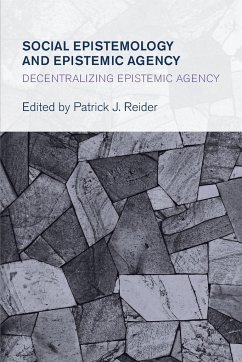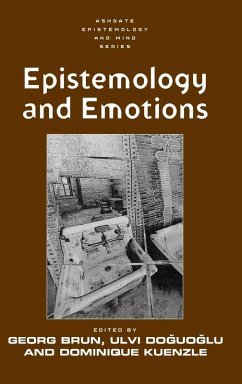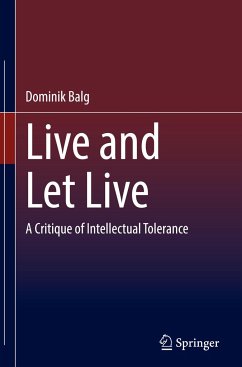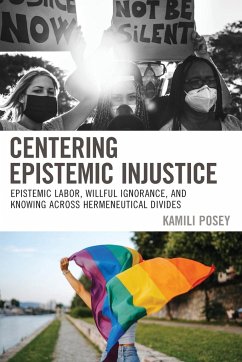
Rationality and Epistemic Sophistication
Versandkostenfrei!
Versandfertig in 1-2 Wochen
119,99 €
inkl. MwSt.
Weitere Ausgaben:

PAYBACK Punkte
60 °P sammeln!
Analyzing epistemic sophistication in terms of the stringency of a person’s standards, her skills in using evidence, and her wisdom in employing proper standards, this book argues for a radical conception of epistemology as being concerned with the duties that arise during the process of belief formation.





